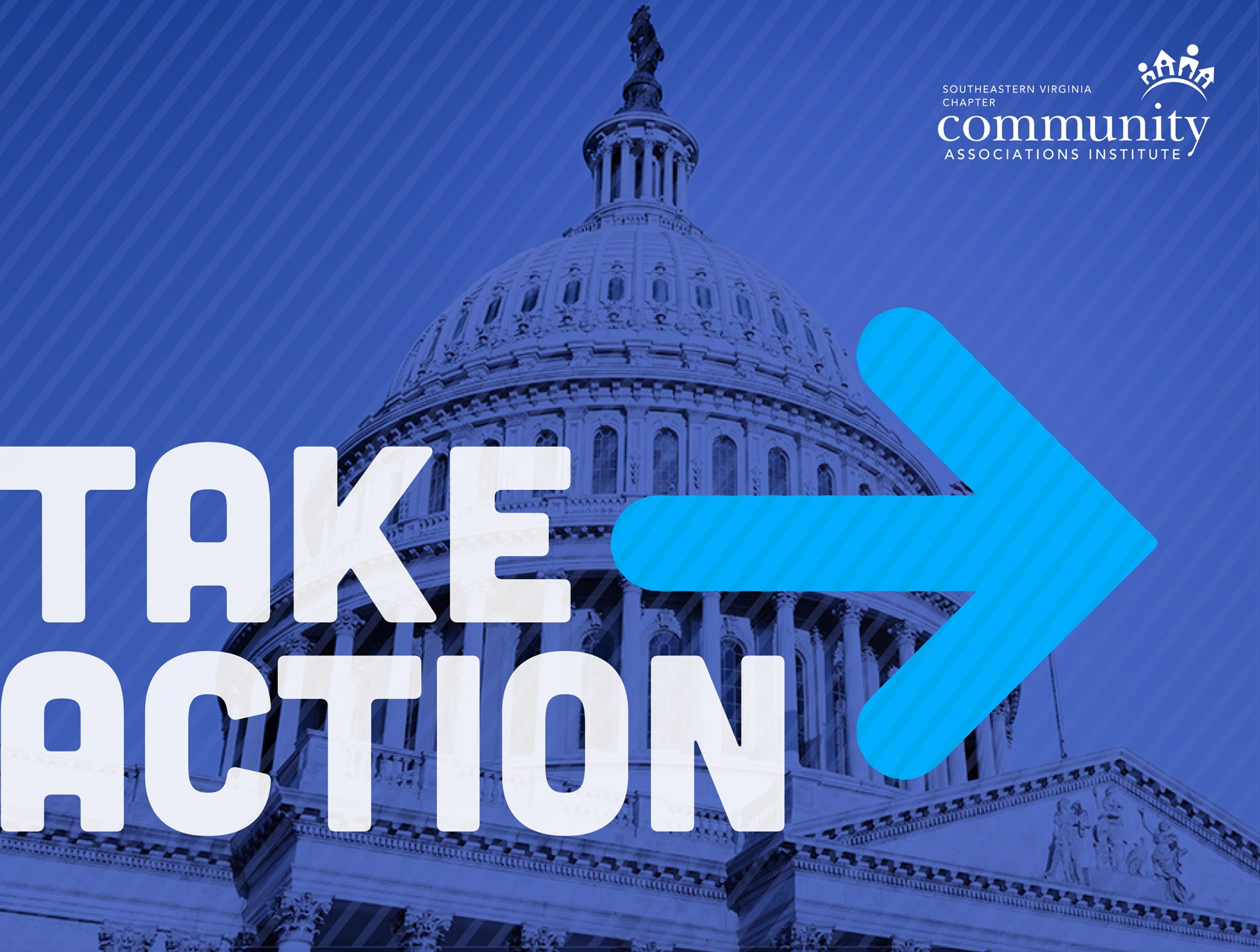
Let the sunshine in. I am not talking about the popular 1969 song by The 5th Dimension. I am referring to the statutes governing Virginia community associations that require all meetings of a board of directors, including any subcommittee or other committee of the board of directors, where the business of the association is discussed or transacted, to be open to all owners of record[1]. These are known as “sunshine laws” and are the rule for community association meetings.
As with most rules, there is an exception - executive session, during which it is permissible to “close” the door, so to speak. Too often in our practice, we are reminded that the permitted reasons to convene in executive and procedure are not well understood. This article will uncharacteristically shine some light on executive session and examine what it is and how to do it correctly.





 Perhaps the greatest achievement for any association is creating and sustaining a sense of community among residents and leaders. This goal is best achieved when homeowners, non-owner residents and association leaders recognize and embrace their rights and responsibilities. It was with this goal in mind that CAI developed Rights and Responsibilities for Better Communities. These principles can serve as an important guidepost for board and committee members, community managers, homeowners and non-owner residents.
Perhaps the greatest achievement for any association is creating and sustaining a sense of community among residents and leaders. This goal is best achieved when homeowners, non-owner residents and association leaders recognize and embrace their rights and responsibilities. It was with this goal in mind that CAI developed Rights and Responsibilities for Better Communities. These principles can serve as an important guidepost for board and committee members, community managers, homeowners and non-owner residents.
 "Our Board Just Inherited a Host of Old Violations - What Should We Do?"
"Our Board Just Inherited a Host of Old Violations - What Should We Do?" What’s your annual plan?
What’s your annual plan?



